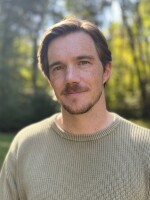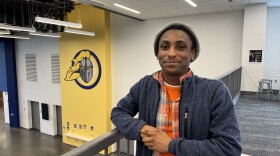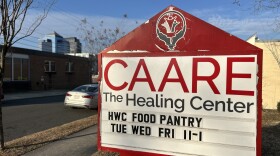This week, six teenage reporters grabbed a microphone and went out into Durham to find a story. They encountered enthusiastic interviewees and some not-so-enthusiastic near a Durham bus stop on a hot summer’s day.
The young people are a part of WUNC’s Summer Youth Reporting Institute. It’s an annual program that brings in youths from different parts of the Triangle and teaches them the ins and outs of public radio reporting. After being accepted to the program, they learn how to pitch, report and produce their own stories under the help of experienced mentors.
After exploring the American Tobacco Campus and the nearby bus station, the six youth reporters went to work on their computers piecing together their interviews as a first assignment.
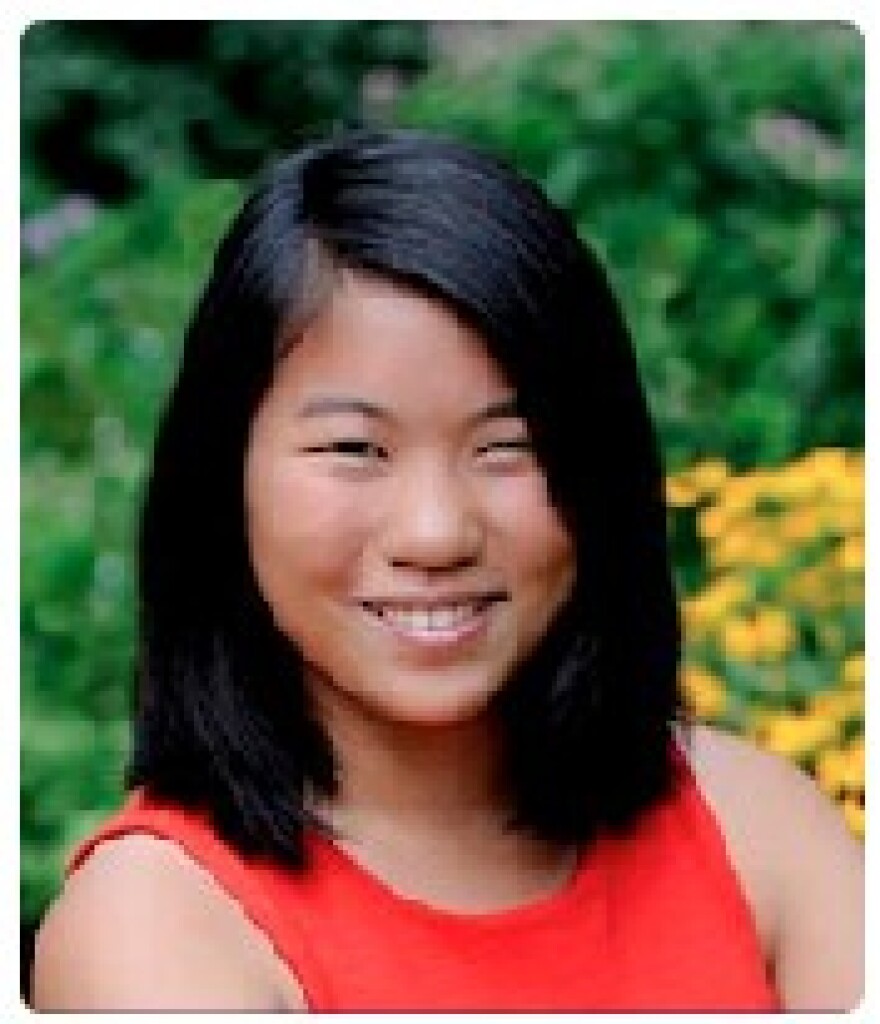
Samantha Lanevi said she was surprised with the mix of reactions from people she tried to interview.
“I thought everybody would be like, ‘I want to be interviewed because I want to be famous,’ but no, people were more like, ‘No, I am too tired and I don’t do that sort of thing,’” Lanevi said.
Lanevi has written pieces for the Huffington Post and runs her own music show on a student radio station.
Peyton Sickles said he understood why some were a little weary to be interviewed at the bus stop.

“They are waiting for a bus so they may not be in the mind to talk. They might be on the go,” he said.
Sickles said approaching these people was a good acclimation to being a reporter, which is something that caught his attention initially about the program. He said he knows the technical side of radio after growing up fixing speakers with his dad, so the reporting side of storytelling is a new and exciting experience.


Soraya Asfari, however, said she has been interviewing people since she was a child.
“I actually found a video the other day of me interviewing people when I was eight years old. It was all my siblings and I was just annoying them,” Asfari said. “Without knowing it then, I feel like talking to people was something I was meant to do.”
Asfari said she applied to the program to make sure journalism was a good fit for before she studies it in college so she isn’t the “person who switches their major 50 times.”
Telling a story with radio is something several of the youth reporters have not done before. But others, like Josh Bratcher, have experience writing for their high school newspaper, although Bratcher said he is quickly making a shift to the audio world.

“With joining this program, I felt it was necessary to start listening to NPR. For one semester in high school, I was only allowed to listen to public radio,” Bratcher said. “There was music and talking, it was a whole other form of media I had not experienced.”
One of Bratcher’s favorite parts of the program so far is pitching ideas. He said sitting together and bouncing ideas for stories off of each other brings a fun energy to crafting a story. The youth reporters brainstorm ideas for stories, pitch them to their peers and mentors, get them approved and then start researching and collecting interviews.

Taylor Walker already has two ideas she said she is excited about pursuing. One of her ideas revolves around what it is like the be a black police officer.

“Especially with everything going on in our community and in America, a lot of people are seeing the black community and they are seeing cops, but I don’t think a lot of people open their eyes to being black and a cop,” Walker said. “I want to open up that issue on what it’s like to be feeling for your community and also the reality of seeing it from a cop’s side.”
Her other idea is about security in churches. In the wake of the tragedy at a church in Charleston, SC, Walker said she is interested to hear from pastors if they think boosting security would “take away from the purity of worship.”
The youth reporters are wrapping up the first week on the job by putting together a short story from their trip to the bus stop and pitching their original ideas for stories. Marcus Williams said the first week has been an adventure and he is ready to get to work.
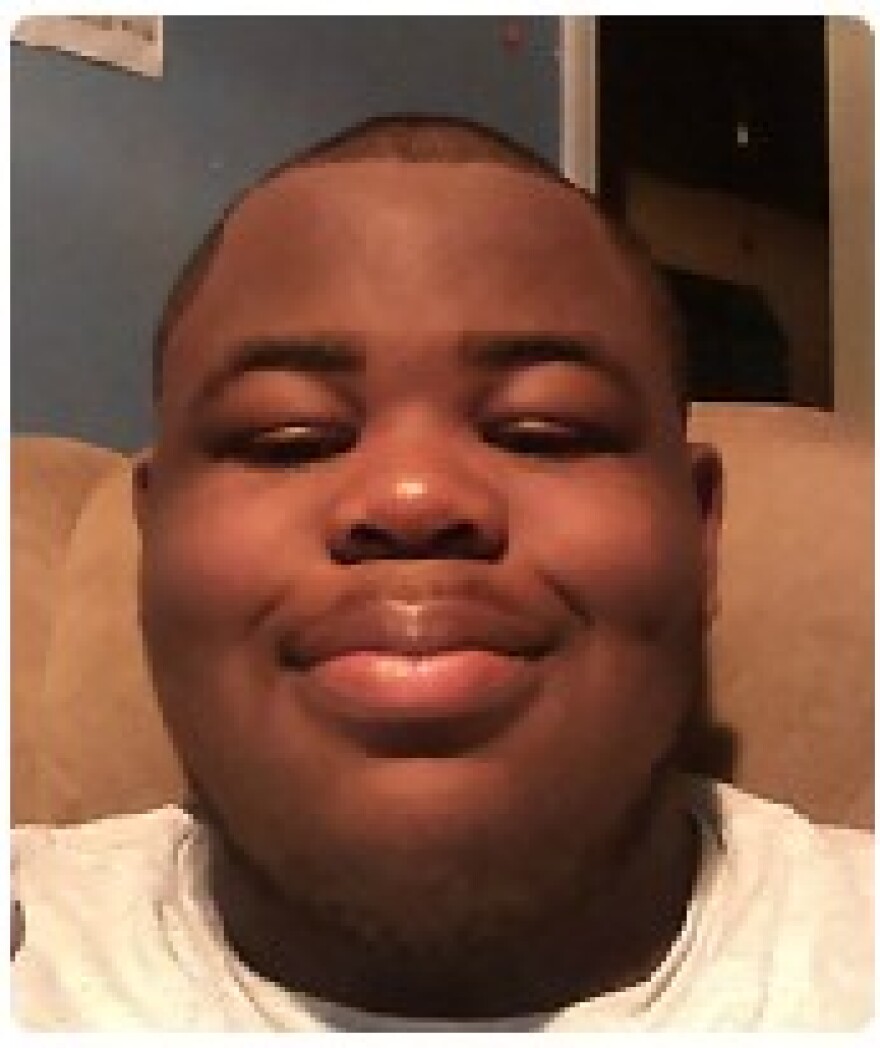
“I’m feeling really excited. I can’t wait to see what we do next,” he said. “I just can’t wait to get my hands in and see what really goes on around here.”
From reporting to producing, the youth reporters will continue to see all the workings of a public radio member station.
Check out some of last year's youth radio stories here.


